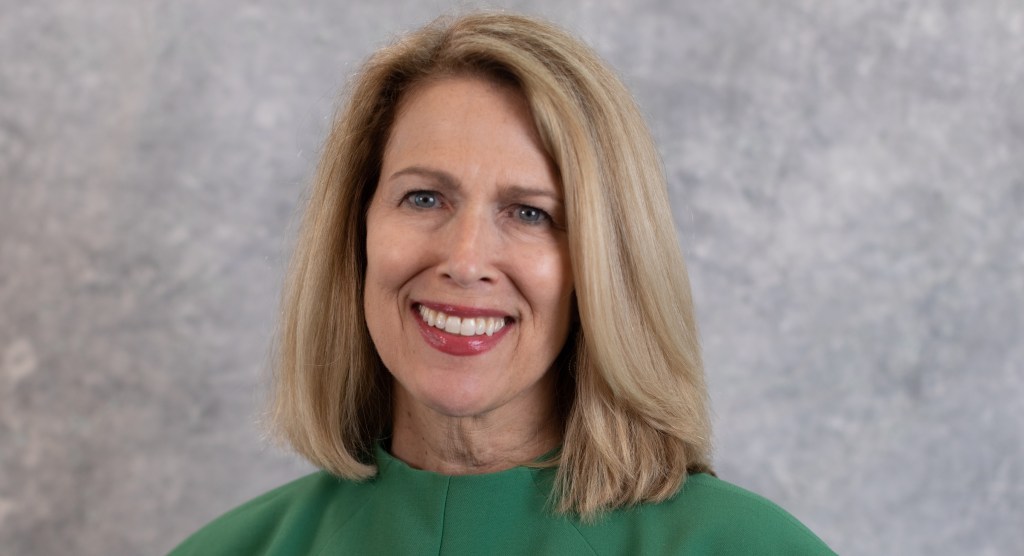Orange County has made impressive progress with its septic-to-sewer program. Nearly 600 families have already converted, making their goal of converting 2,000 homes in Apopka over a quarter of the way done. These conversions are protecting the Wekiwa Springs, the Wekiva River and ultimately our drinking water. But as the program continues, one reality has become clear: the need is vast, the timeline is short, and budgets are limited.
Across Florida, there are an estimated 2.6 million septic systems in operation. Many of them are outdated and at risk of leaching nitrogen and phosphorus into our water table and estuaries. In fact, septic tanks have been identified as the source of 29% of nitrogen in Wekiwa Springs. Those nutrients feed algae blooms, kill fish, and damage our ecosystems. The state has rightly set a 2030 deadline for converting septic systems in “impacted areas,” but achieving that goal, both in Orange County and throughout the state, will require more tools in the toolbox.
That’s where Residential Property Assessed Clean Energy (PACE) comes in. Thanks to recent updates in Florida law, homeowners can now use Residential PACE financing to fund septic-to-sewer conversions. The model is straightforward, as PACE provides upfront capital for critical projects, and homeowners repay it gradually through their property tax bill. Unlike other financing options, there is no burden on county budgets and no upfront costs for residents, meaning septic-to-sewer conversions can take place for more homeowners, across more neighborhoods, without having to be reliant on grant money or county and state funding.
At the Federal Alliance for Safe Homes (FLASH), we understand firsthand that strong, resilient homes are crucial to the development of resilient communities. For years, we’ve educated families about practical steps to reduce risk, from installing hurricane shutters to preventing sewage backflow during floods with affordable backflow valves. Just as those valves can protect families from contamination during a storm, septic-to-sewer conversions are a long-term strategy to prevent pollutants from entering our waterways in the first place. Both are cost-effective, proven steps to keep families safe, protect property, and preserve quality of life.
PACE can help scale this effort. Residential PACE providers, such as Renew Financial, are already available to homeowners in Orlando and have proven to be a reliable partner for clean energy, storm hardening, and other resilience projects. By authorizing PACE in Orange County, the County can accelerate its own program without exhausting its limited funding, and also allow homeowners to take advantage of other PACE eligible projects, like wind-resistant windows and doors, new roofs, and energy-efficient HVAC systems. Families benefit from manageable payments spread over time, without the credit barriers of traditional financing, and the community benefits from cleaner water and healthier springs.
The Wekiva River and Wekiwa Springs are not just environmental treasures; they are central to our way of life, drawing thousands for recreation and serving as a source of pride for residents. Protecting them requires urgency. Current county programs are expected to run through 2028 to complete just 2,000 conversions. PACE can help scale up that effort to meet the state’s 2030 requirement and ensure no neighborhood is left behind.
Orange County leaders have shown vision by launching this program and securing strong state partnerships. The next step is to introduce PACE as a complementary solution. By empowering more families to participate now, Orange County can protect its springs, safeguard its water quality, and lead the way for the rest of Florida.
At FLASH, our vision is a world where people value, demand, and build strong homes and resilient communities. Clean water is worth the investment. With PACE, Orange County doesn’t have to do it alone.
Leslie Chapman-Henderson is president and CEO of the Federal Alliance for Safe Homes.

